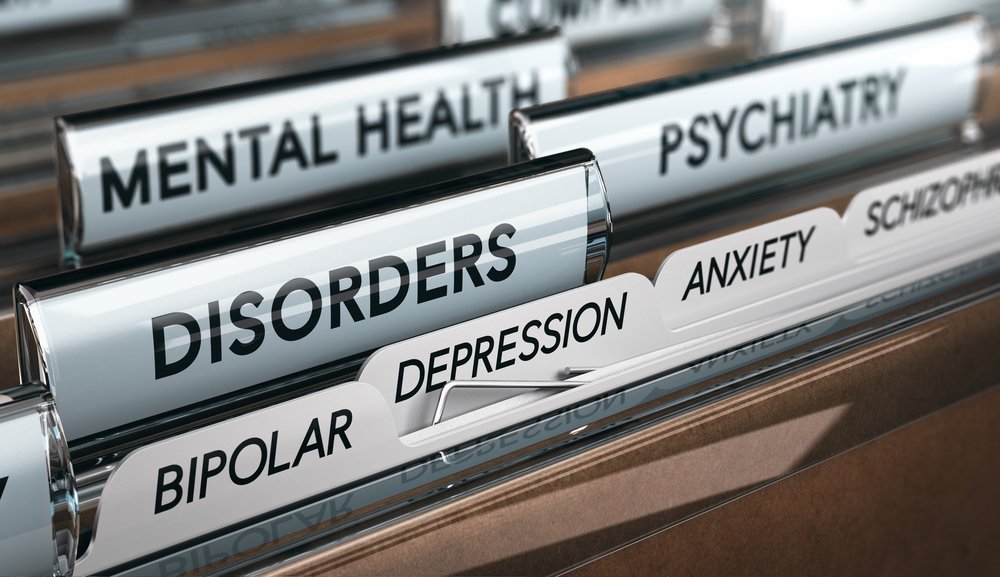Mental illnesses are also called mental health disorders which spread in a wide range. Mental illness affects your behavior with others and you can’t relate to others and their environment. Mental illness affects your thinking, mood, and feelings. It may be a combination of these effects also. A person suffering from mental illness will have problems physically, personally, socially, at work, etc. Some common examples of mental illness are depression, anxiety disorders, schizophrenia, eating disorders, and addictive behaviors.
You are affected by these mental health issues in day-to-day life but when these symptoms persist for a longer period of time, then it becomes a mental illness. Mental illness can make your life miserable, but these can be treated with the help of some medications and talk therapy (psychotherapy). And after this, you are able to come back to your normal daily routine and live a normal life.
Causes of mental illness
Researchers say that mental illness is not because of one event that happened with you, but there are many that clubbed together and happened one after the other. Your genetics, environment, and lifestyle influence mental issues. The biochemical structure of the brain also plays an important role here.
Many researchers suggest that many times there are a number of causes clubbed together in a mental illness and you have individual differences.
Warning signs of mental illness
There are several signs of a mental illness. They may come alone or in clusters. If they persist for a longer time, you should visit a mental health professional.
-
Sleep disturbances
-
Appetite change
-
Mood swings or changes in mood conditions
-
Withdrawal from society and not taking interest in the daily activities
-
Confusion
-
Excessive fear, worry, anxiety or panic attacks
-
Long-lasting sadness
-
Long-lasting irritability
-
Increased anger
-
Increased inability to cope with daily problems of life
-
Suicidal thoughts
-
Delusions and Hallucinations (seeing or hearing things that are not present)
-
Alcohol or substance abuse
-
Physical problems which are unexplained
-
A drop in school, work, society, and family functioning
-
Unexplained weight gain or weight loss
-
Loss of desire
-
Nervousness
-
Illogical thinking
-
Unusual behavior
If your loved one shows some signs of mental illness, you can talk to him or her about this in an open way. It should be an honest discussion. It will also make him understand that you are concerned for him. You cannot force a person to get professional help but you can offer a hand and encourage him. You can also help him get a search for a professional who is well qualified and also go along with him for the appointment.
Treatment of mental illness
The treatment of your mental illness will depend on the type of mental illness, the severity, and what treatment plan will work best for you. In some cases, there is a combination of many with or without medication.
Overall the treatment may include the following:
-
Medications
-
Psychotherapy
-
Brain stimulation treatments
-
Substance misuse treatment in case of substance abuse
-
Self-care
Psychologists as mental health care providers play a major role in understanding biological, behavioral, and social factors that influence mental health and physical wellbeing. Dr. (Prof) R K Suri, Senior Clinical Psychologist at Psychowellness Center, is a trained professional clinical psychologist, having more than 36 years of experience in all kinds of mental health issues and related therapeutic interventions.
Furthermore, TalkToAngel online mental health services under him put your needs first. They can help you with flexible appointments, personalized and customized intervention plans all at the tip of your fingers.
Suggested Read:
Learn To Handle Your Emotions With Expressive Therapy
6 Top Reasons To Visit A Psychologist
Are You Unable To Do Your Daily Tasks?
Importance Of Hand Sanitizer

